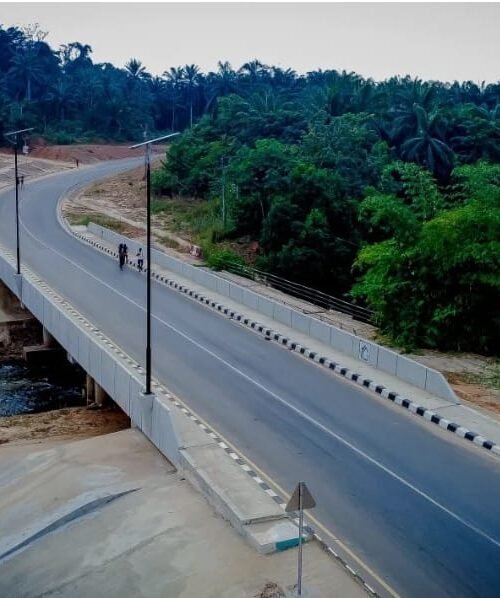The Futility of Equating Momentum with Foundation-Laying
The comparison between Enugu and Abia States—both governed by the PDP for 24 years—reveals a glaring hypocrisy rooted in willful ignorance of context. Enugu’s trajectory under successive administrations resembles a relay race where each leader built on the momentum of their predecessor, culminating in Governor Peter Mbah’s current phase of acceleration. Projects like the 300-bed Enugu International Hospital and the launch of Enugu Air are not isolated triumphs but the culmination of institutional stability and incremental progress. Mbah, like Isaac Newton standing on the shoulders of giants, benefits from a governance structure already elevated to the “roofing” stage, where his task is to refine and expand rather than rebuild. This momentum, however, is a privilege earned through sustained competence, not luck.
Abia’s story, by contrast, is one of systemic collapse. For 24 years, its governance relay was a charade: batons were dropped, stolen, or buried under mountains of refuse and unpaid salaries. Dr. Alex Otti inherited a state stripped of its foundation—a carcass of institutions hollowed out by predation. His first year has been an excavation: clearing decades of rot, settling salary arrears for hungry workers, and restoring basic functionality. To compare Otti’s foundation-laying with Mbah’s roofing is to equate an architect digging trenches with a contractor installing windows. The former is invisible, grueling labor; the latter is visible, celebrated progress. There is no equivalence, only a deliberate distortion of reality by critics who either misunderstand governance or revel in bad faith.
The Anatomy of Hypocrisy and the Path Forward
Enugu’s success is a testament to what sustained good governance can achieve—a luxury Abia was denied. Mbah’s ability to attract investments like the $1 billion medical tourism market hinges on pre-existing infrastructure and trust in systems. Abia, meanwhile, is still battling ghosts: ghost workers, ghost projects, and the ghost of governance itself. Otti’s achievements—clearing pension backlogs, reviving moribund sectors—are foundational but lack the glamour of skyscrapers or airlines. Critics demanding “instant results” ignore the physics of statecraft: a plundered state cannot leapfrog to prosperity without first healing its fractures.

To those fixated on ridiculing Abia’s rebirth, the challenge is clear: contribute ideas, not insults. Proposals for waste-to-wealth initiatives, tech hubs leveraging Abia’s diaspora, or agricultural value chains to revive palm oil dominance are welcome—provided they come without strings attached. Dr. Otti’s focus remains unshakable; he will not dignify political theatrics with a response. But genuine strategies, detached from monetary gain or partisan antics, will find amplification. The governor’s office is a forge, not a stage.

Conclusion: The Weight of History and the Light of Labor
Enugu’s present glory and Abia’s current struggle are two sides of the same coin minted over 24 years. One state refined its potential; the other survived its plunder. Mbah’s momentum is deserved, but Otti’s resolve is historic. To compare them is to ignore the tyranny of context. Enugu soars; Abia digs. Both are laboring—one atop a tower, the other in its trenches. The true measure of progress lies not in the height of the structure but in the integrity of its foundation.
Submit proposals. Engage earnestly. The future is built by those who sweat in the shadows, not those who bask in the light. 🛠️

Dr Chukwuemeka Ifegwu Eke writes from Yakubu Gowon University Nigeria







